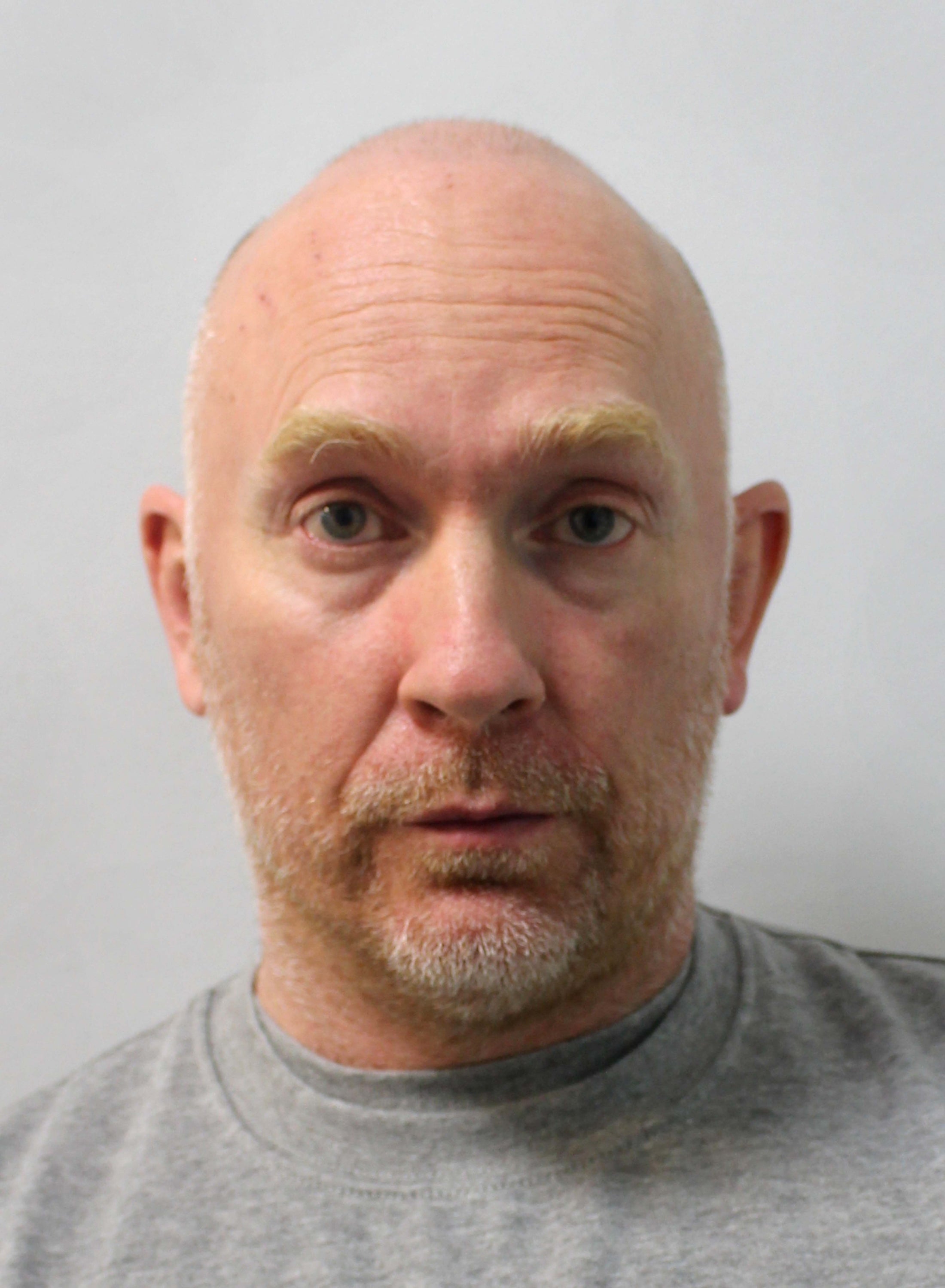
Hundreds if not thousands of police officers who should have failed vetting checks may be in the job in England and Wales, a damning report has found.
HM Inspectorate of Constabulary’s latest report concluded a culture of misogyny and predatory behaviour towards members of the public, female police officers and staff is also pervasive in many forces.
Inspectors found police are not adopting high enough standards when screening potential officers and warned it is too easy for the “wrong people” to join or remain in the force.
The watchdog, which analysed hundreds of police vetting files, discovered many cases where individuals should not have been permitted to become police officers, even including those with organised crime connections and predatory sex offenders.
The report discovered police officers were recruited to the ranks after “committing offences such as robbery, indecent exposure, possession of controlled drugs, drink-driving and domestic abuse-related assaults”.
Have you been affected by this story? If so email maya.oppenheim@independent.co.uk
Inspectors who looked at forces such as the Met, Cumbria, South Wales, Nottingham and Dorset also discovered incidents where evidence that a potential officer could endanger members of the public was overlooked.
Officers moved from one force to another, even though they had a track record of troubling complaints, intelligence, or had claims of misconduct levied against them.
Chief inspector of constabulary Matt Parr warned “we are close to a tipping point in policing” adding there were warning signs before Sarah Everard was kidnapped, raped and murdered by serving Met Police officer Wayne Couzens in March 2021.
“We found incidents that should have been addressed as gross misconduct,” he said. “Sometimes they were downgraded to misconduct only, which has a much lower penalty, or worse still, they weren't treated as misconduct at all.”
Inspectors looked at 725 vetting files from eight diffeent police forces, unearthing worries about 131 officers permitted to become officers.
Mr Parr noted officers are first vetted before they join the police and then again 10 years after joining or if there is a change in their circumstances – arguing the time between screening is too lengthy.

“Some forces have a greater risk appetite for taking people with chequered pasts than others,” he said.
Mr Parr added: “If your appetite for risk is too high and you fail to put sufficient mitigation in place then you are risking the force and the public.”
He went on to note that no vetting system will be perfect, and that investigators did agree with most of the vetting decisions they looked at.
However, Mr Parr explained they found that “sometimes a force will find people have got a very concerning, worrying profile on social media.

“Rather than make that grounds for not actually taking them on, they’ve just decided to take them on and then have a word with them about their use of social media.”
Mr Parr said conduct that most people within the wider public would perceive as wholly “unacceptable” is “normalised” within policing.
It comes after the Casey Review, released last month, revealed hundreds of Metropolitan Police officers should have been fired for serious misconduct and breaching the law.
The report exposed the UK’s biggest police force’s inability to get rid of officers accused of sexual assault, domestic abuse and discrimination, as well as unearthing misogyny and racial disparity within the disciplinary process which sees “systemic bias” against Black and Asian officers.
Prior to the review, a string of criticism has been directed at the Met Police for its handling of Ms Everard’s killing and other scandals involving officers.
Violence against women and girls has gained increasing attention since the murder of Ms Everard, with police facing sustained criticism over the failure to properly tackle these issues within their own ranks.
The review found less than 1 per cent of officers with multiple allegations against them had been let go by the Met.







